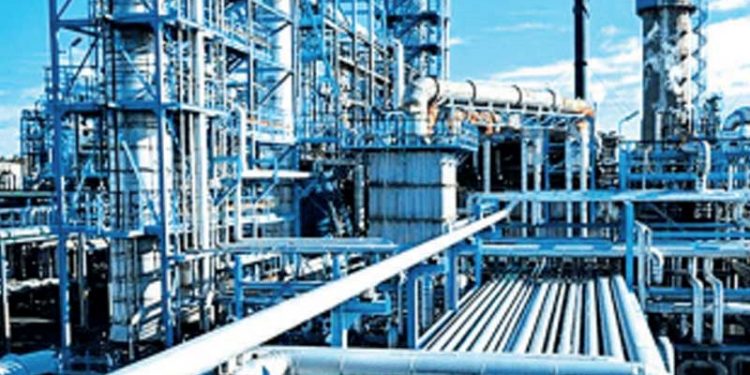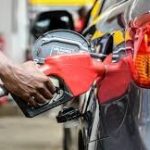Despite having a combined refining capacity of 985,000 barrels per day, Nigeria remains heavily reliant on fuel imports, with local refineries supplying less than 50% of the country’s daily petrol consumption. The Nigerian Midstream and Downstream Petroleum Regulatory Authority (NMDPRA) has confirmed that the shortfall is being met through imports to prevent fuel shortages.
NMDPRA Chief Executive, Farouk Ahmed, speaking at a press briefing in Abuja, stated that Nigerians currently consume around 50 million litres of petrol daily. However, despite the operational restart of two state-owned refineries—the 210,000 barrels-per-day Port Harcourt refinery and the 125,000bpd Warri refinery—in 2024, alongside the much-anticipated launch of the 650,000bpd Dangote refinery, the country still struggles with domestic supply.
Ahmed, represented by the Executive Director of Distribution System, Storage, and Retailing Infrastructure, Ogbugo Ukoha, noted that without fuel imports, the nation would face significant shortages. He highlighted that prior to the removal of the petrol subsidy in May 2023, Nigeria’s average daily consumption stood at 66 million litres but has since dropped to 50 million litres. Despite this reduction, domestic refineries have not been able to meet demand, leaving the country dependent on foreign imports.
Ukoha revealed that none of the local refinery owners have imported any petroleum products this year. Instead, other oil marketing companies (OMCs) have been responsible for bridging the gap. “If we do nothing to cover the shortfall, we will have scarcity on our hands,” he warned, emphasizing that the regulator remains committed to ensuring sufficient fuel supply across the country.
He also addressed recent concerns about fuel quality, dismissing social media claims suggesting that imported petrol was substandard. According to Ukoha, all petroleum products brought into Nigeria meet the quality standards set by the Standards Organisation of Nigeria and the Petroleum Industry Act 2021.
“People spreading misinformation on social media should be reminded that Nigerians are not gullible,” he said, assuring consumers that fuel quality remains a top priority for regulators.
Although officials from the state-owned and privately operated refineries have claimed that production is in full swing, NMDPRA’s confirmation that over 50% of Nigeria’s petrol is still being imported raises concerns about the effectiveness of the country’s refining sector. While the reopening of the Port Harcourt and Warri refineries, along with Dangote’s entry into the market, was expected to ease Nigeria’s reliance on imports, the reality on the ground tells a different story. As the government continues to navigate the complexities of fuel supply and refining capacity, Nigerians are left watching whether the country will finally achieve energy self-sufficiency or remain tied to global fuel markets for years to come.










